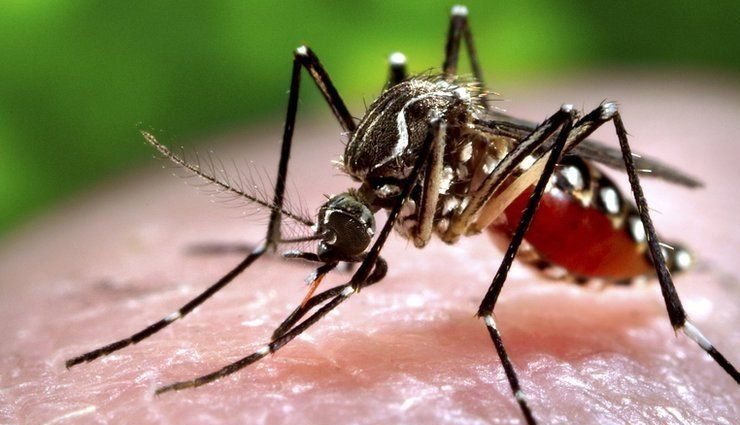- Home›
- Healthy Living›
- What Is Zika Virus And What Are Its Symptoms And Causes
What Is Zika Virus And What Are Its Symptoms And Causes
By: Kratika Wed, 10 Nov 2021 4:28:01

Zika virus is similar to dengue fever, yellow fever and West Nile virus. Carried by infected Aedes aegypti mosquitos, Zika is largely transmitted through bites, but can also occur through intrauterine infection.
If a woman is bitten by an infected mosquito and becomes infected, Zika can cross into the placenta and affect the fetus. While anyone can contract Zika, pregnant women are the most at risk due to the potential for fetal microcephaly and other neurologic abnormalities. Sexual transmission of this virus can occur. Transmission has been reported from infected men and women to their sexual partners. The virus can be transmitted through anal, oral or vaginal sex.
Symptoms of this virus are generally mild, with fever, rash and joint pain present. Most people who develop the virus do not have symptoms. As many as 4 out of 5 people infected with the Zika virus have no signs or symptoms. When symptoms do occur, they usually begin two to 14 days after a person is bitten by an infected mosquito. Symptoms usually last about a week, and most people recover fully.

Signs and symptoms of the Zika virus most commonly include:
- Mild fever
- Rash
- Joint pain, particularly in the hands or feet
- Red eyes (conjunctivitis)
Other signs and symptoms may include:
- Muscle pain
- Headache
- Eye pain
- Fatigue or a general feeling of discomfort
- Abdominal pain

Causes
The Zika virus is most often spread to a person through the bite of an infected mosquito. The mosquitoes that are known to carry the virus include two aedes species mosquitoes, which can be found throughout the world.
When a mosquito bites a person who is already infected with the Zika virus, the virus infects the mosquito. Then, when the infected mosquito bites another person, the virus enters that person's bloodstream and causes an infection.
During pregnancy, the Zika virus can also spread from a mother to the fetus.
The virus can also spread from one person to another through sexual contact. In some cases, people contract the virus through blood transfusion or organ donation.





